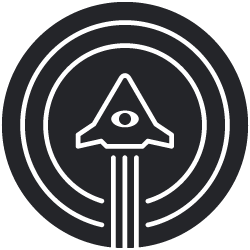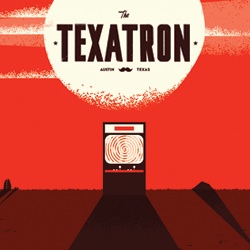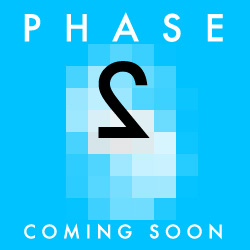ONE MORE GO: DISGAEA’S QUEST FOR NUMERICAL ORGASM
This American Life, Ira Glass’ impeccable radio show, always urbane and humane in equal measure, opened the year by re-broadcasting one of its classic episodes, Numbers. Catching up, it introduced me to the story of Andrea, who as a young temp more than a decade ago taught herself Microsoft Excel by making a spreadsheet called My Love Life: A Ten Year Span.
The years were plotted along the bottom, and the Y-axis recorded the number of people Andrea had got lucky with each year – hitting a total of seven in her luckiest of years. Seeing her life laid out in stark statistics like this was somehow reassuring, she confided: “It is just numbers. Looking at it this way, the people totally go away… So many of these things on their own I would normally classify as failures, they were were rejections or something painful, but when I look at it in the context of all this, these are all my scores, my successes.”
Scores! That simple piece of abstractional magic that can turn failure into success, that assigns you a clear place in a world which can otherwise seem oblivious to your efforts. Life is full of unquantifiable mysteries – rewards you don’t quite feel you’ve earned, punishments you know for sure you haven’t, equations that can’t be solved about whether people who are richer, fitter and prettier, but also ruder, stupider and lonelier are actually better than you or not.
It is from these pains that I take refuge in Disgaea.This time it’s the DS version, but I’ve retreated to the the first two often enough, as well as to stable-mates La Pucelle and Phantom Brave over the years. They’re all made by Nippon Ichi, a company who specialise in producing games for people who like numbers, grids and jokes. Or, to put it another way, me.
Disgaea is a quest for numerical orgasm. There’s a story and some tactical depth, of course, but the real objective of the game is the quest to make the screen explode with wonderful, glorious, ridiculous numbers. Starting from scratch, you crescendo through the entire decimal system – can I do 1000 in a single hit? 100,000 in a single hit? Can I do a million, a billion? English or American billion? Who cares, do ‘em both, probably in a single combo. YouTube is stacked with ecstatic videos of mass group attacks and billion-point single hits.
There are some videos for the most recent game showing single hits of up to 30 billion, but I haven’t watched those yet: it’s still not out in Europe and Disgaea 3 is probably about the only game in existence where an 11-digit number constitutes a spoiler. Forget Malcolm Gladwell’s 10,000 Hour Rule, which charts the slow, painful progress from beginner to genius. Disgaea is world where it’s possible for me to become a billion times better than I am in less than a year.
That’s the magic of numbers. The difference between 1 and 1,000,000,000 is what, an inch? A microgram of ink? But within that tiny scope, numbers make huge things possible: numbers make rewards predictable, punishments transparent, comparisons a matter of simple arithmetic. Numbers, through their power to abstract, give you access to all kinds of positive emotions that life too often denies you – reassurance, pride, achievement, growth.
Games, we all too often forget, are nothing more than numbers at heart. Underpinning even the fluffiest of playful diversions is a spreadsheet and a bunch of equations. It’s easy to forget when we blithely bitch about balance that the real problem lies in an intricate, interconnected ecosystem of numbers that doesn’t necessarily like to be disturbed.
One of my favourite bits of game writing in the last few years came from Bungie staffer Tyson Green explaining the changes made to Halo 3’s melee handling online. It’s a lovely, lucid bit of prose – in which he reveals himself, I’d hazard, to be someone who likes numbers, grids and jokes – and does as good a job as a hundred text books of showing the degree to which maths underpins fun. So when something like Disgaea comes along, which is made of numbers underneath and all about numbers on top, something happens which I find enduringly narcotic.
So I understand, intimately, why Andrea turned to Excel to make sense of her life. The world of numbers isn’t antithetical to the world of feelings. It’s one that lies on top, or underneath, and looking through one to the other always shows you things you hadn’t noticed before. I know, deep down, than Disgaea is a meaningless treadmill, but I’m convinced the time I spend playing it isn’t wasted. It, like other games that keep their maths a little more hidden, nourishes a vital part of my brain, a part of me that doesn’t think in words but still deserves a say.
[Margaret Robertson is the former editor of Edge magazine and now videogame consultant. One More Go is her regular Offworld column in which she explores the attractions of the games she just can’t stop going back to.]
Previously:
One More Go: Donkey Kong Jungle Beat – Offworld
One More Go: Ikaruga, The Big Enemy Is Approaching – Offworld
One More Go: New York Times Crosswords – Offworld
See more posts about: disgaea, Offworld Originals, One More Go






